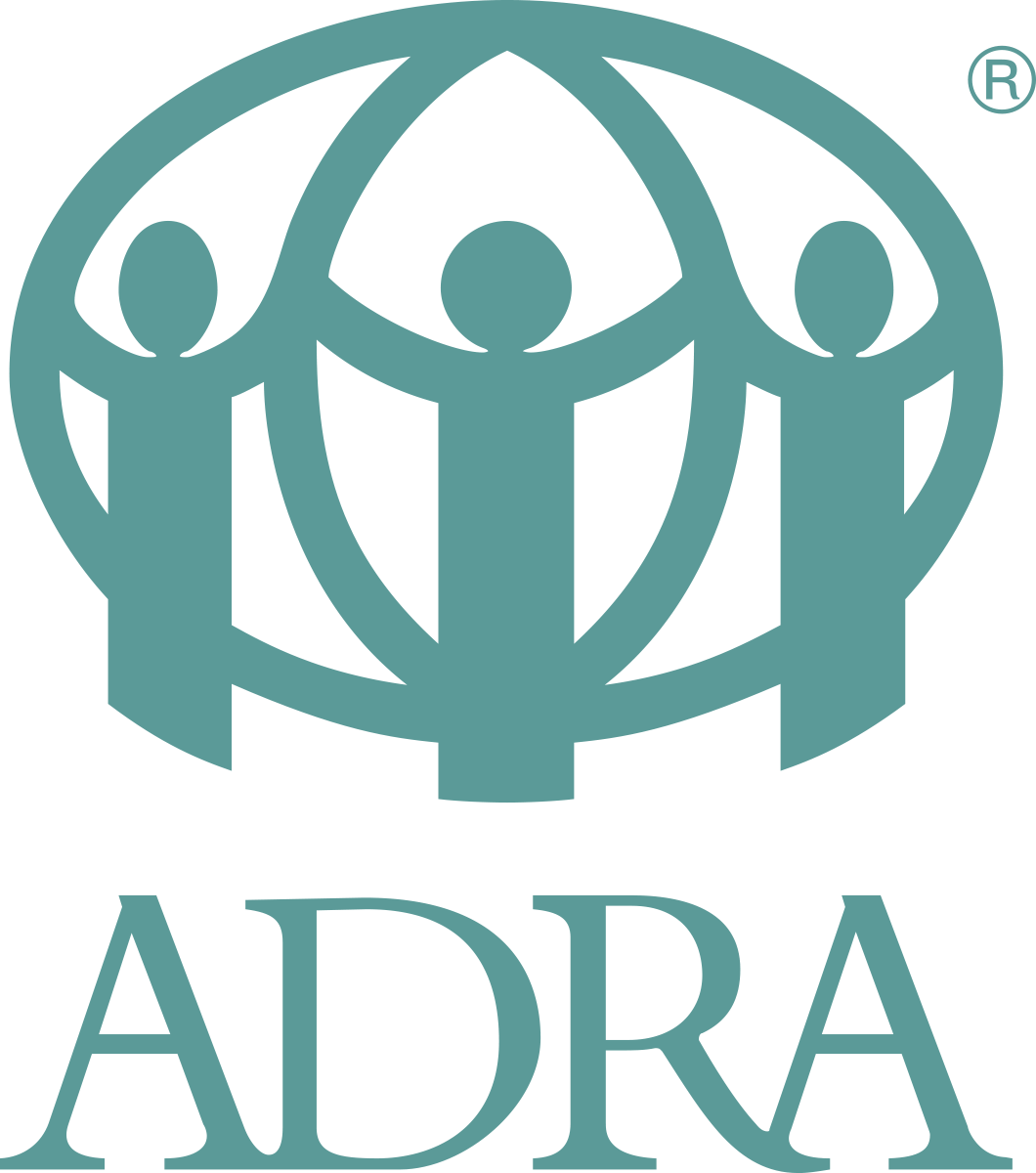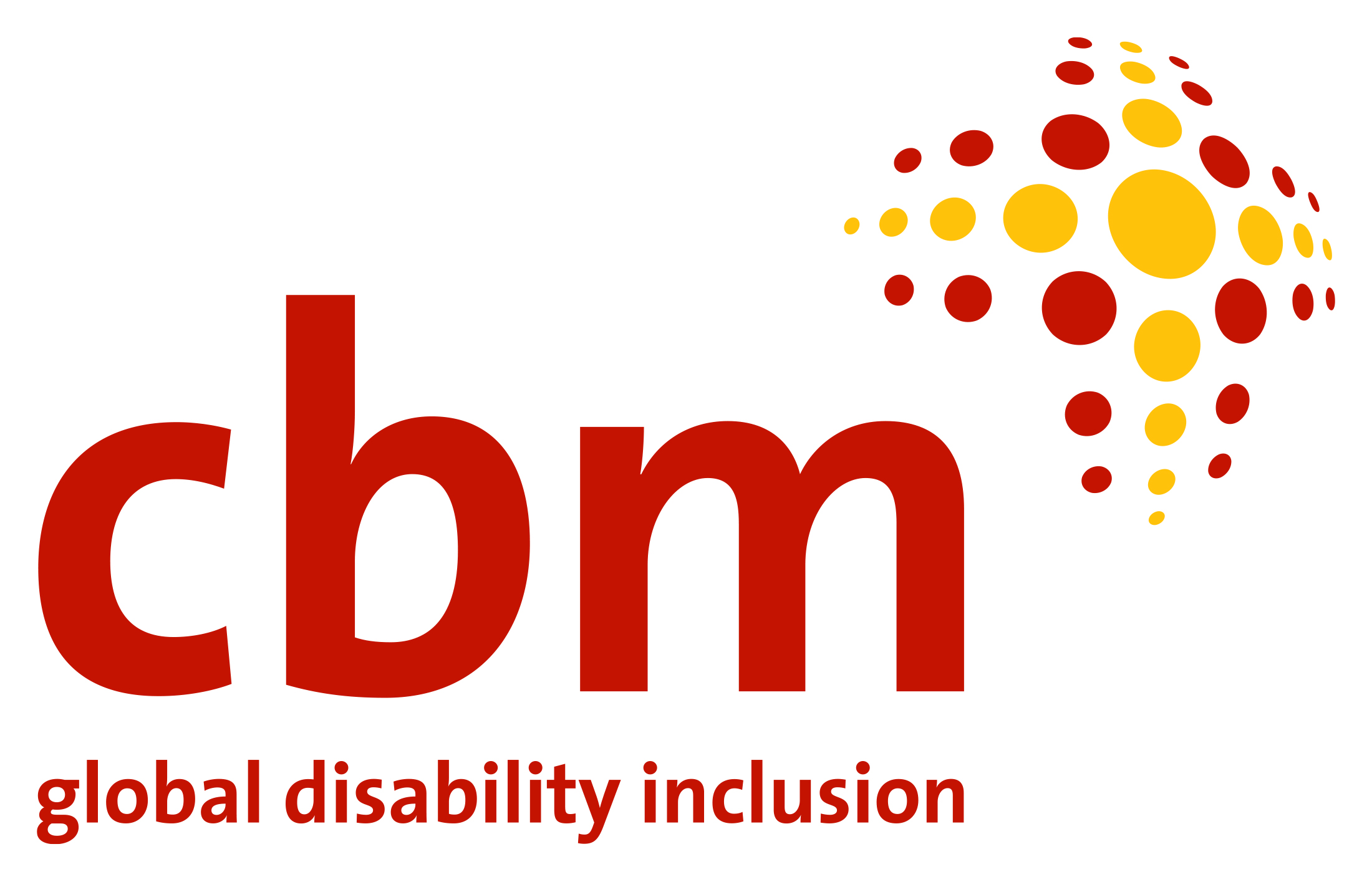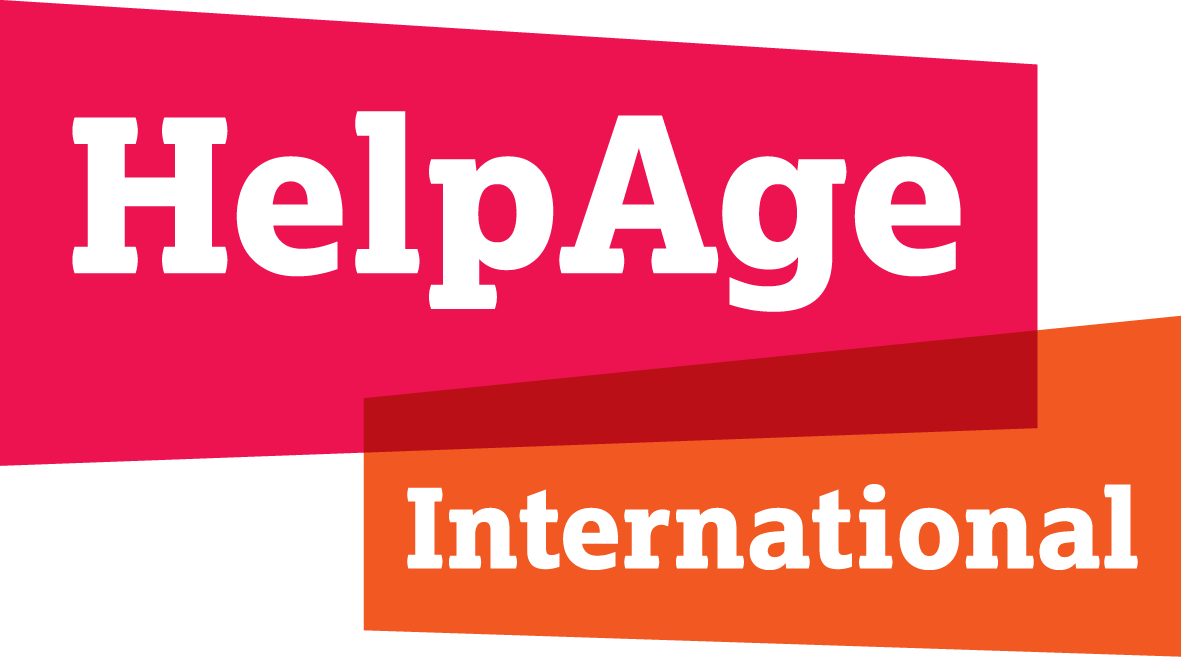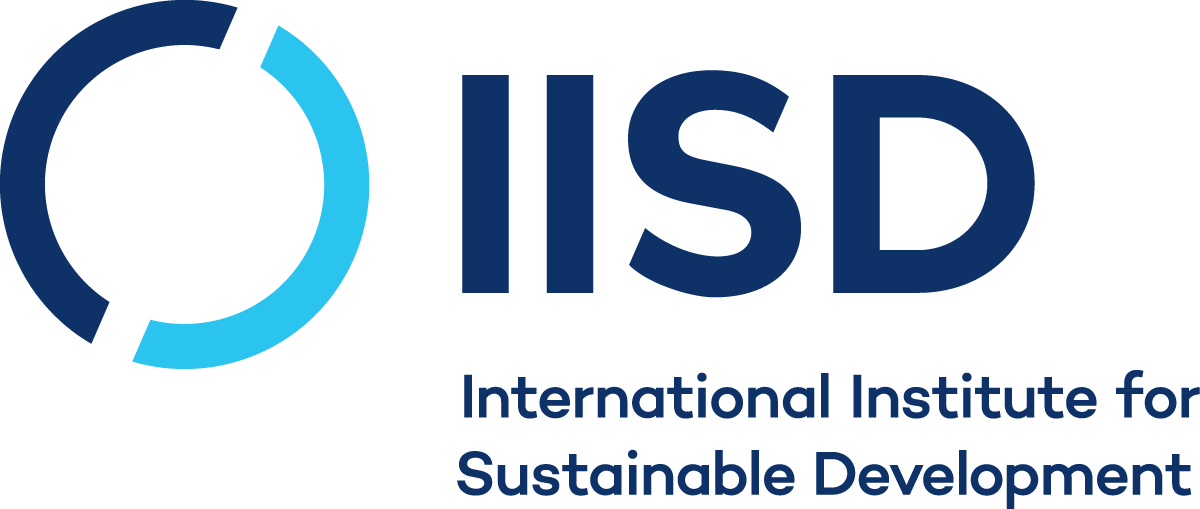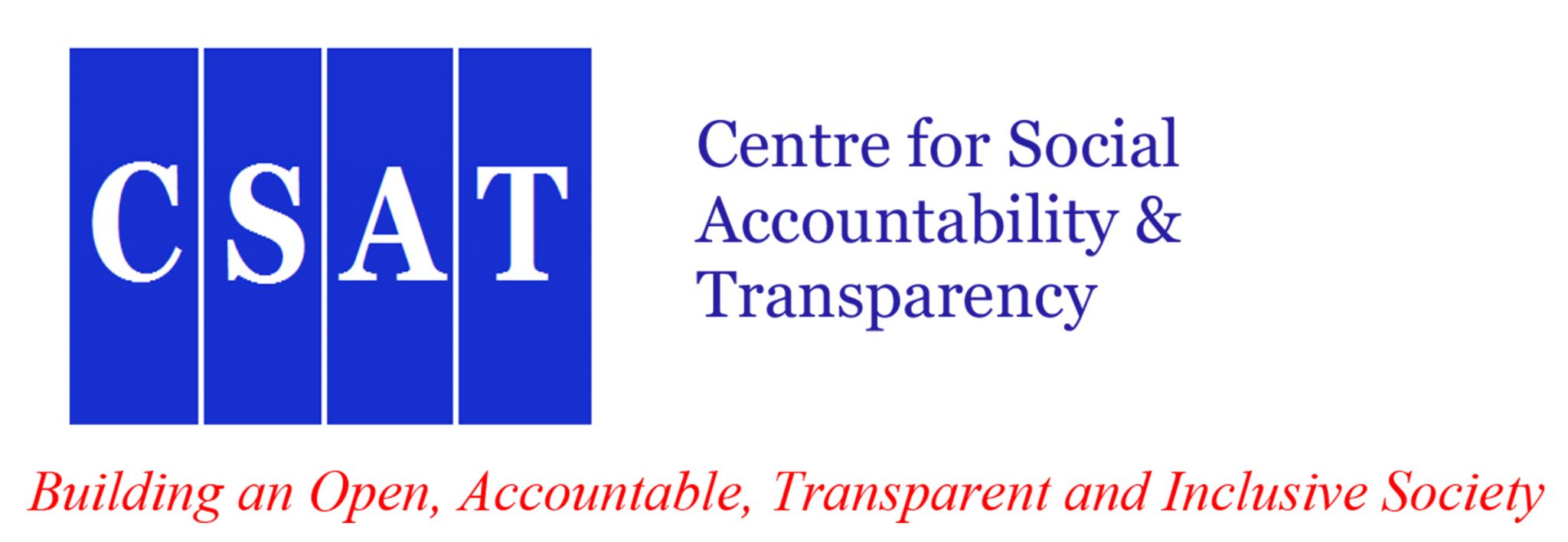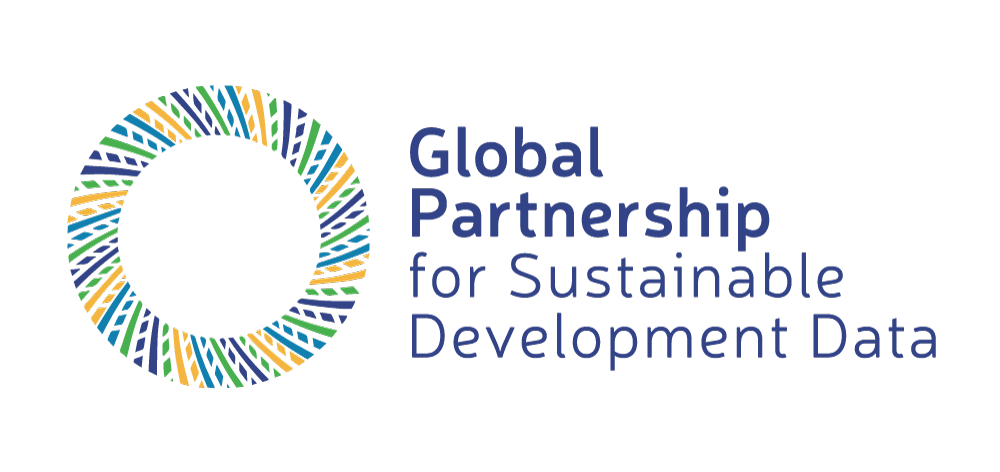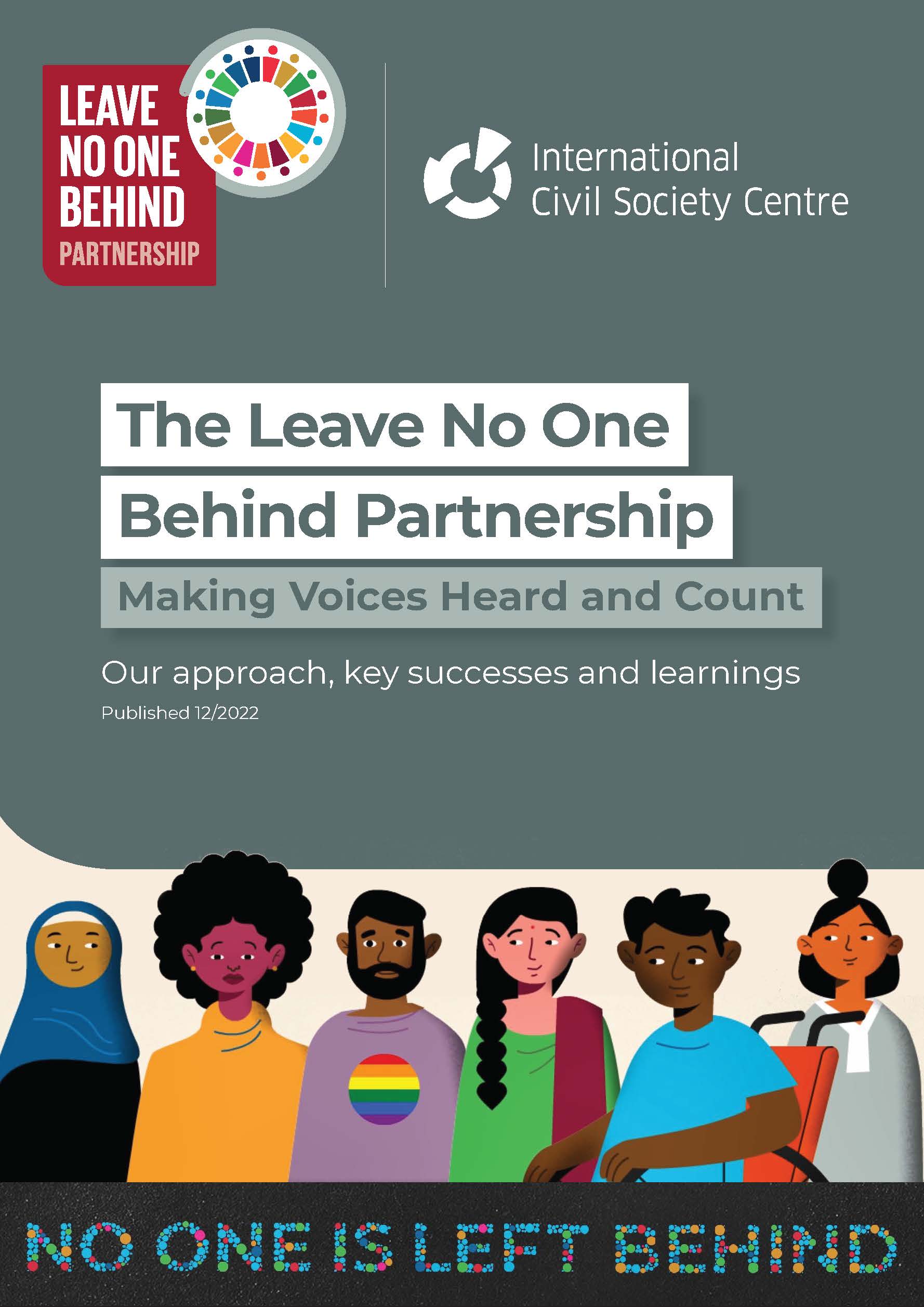Leave No One Behind Partnership is making voices heard and count
The Sustainable Development Goals (SDGs) were created in the spirit of leaving no one behind. However, many marginalised communities continue to remain invisible to official statistics which results in policies that do not fully reflect their situations and needs, endangering the successful delivery of the SDGs overall.
The Leave No One Behind Partnership, hosted by the International Civil Society Centre was launched in 2017 to deliver a practical solution for this challenge. In 2018, the Partnership set up national civil society coalitions in five pilot countries: Bangladesh, India, Kenya, Nepal, and Vietnam. It extended to Malawi and Denmark in 2021. Currently, the Partnership works closely with 100 international and national civil society organisations (CSOs), community based organisations (CBOs), think tanks, civic networks and platforms to deliver a scalable solution for filling data gaps on marginalised groups in development monitoring through the generation and use of community driven data. The partnership also creates an enabling environment for local civil society and marginalised groups to participate in policy dialogues with authorities at the local and national level, amplifying community voices in the public discourse and thereby helping to bring about more inclusive policies and services.
At the global level, partners are doing joint advocacy towards the increased recognition and use of community-driven data as a strategic tool for international development. This includes a technical collaboration with the United Nations Statistics Department, and other strategic initiatives we are conducting with diverse international partners.
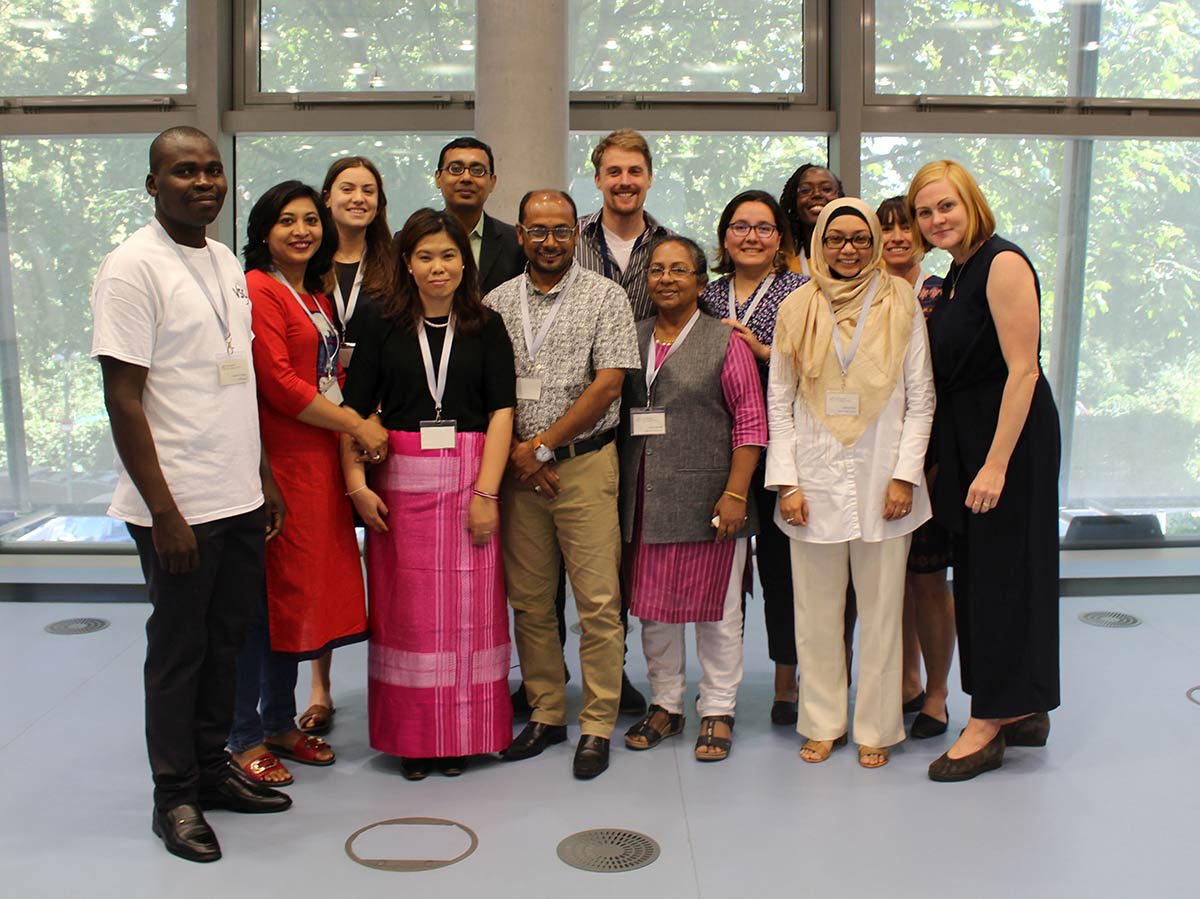
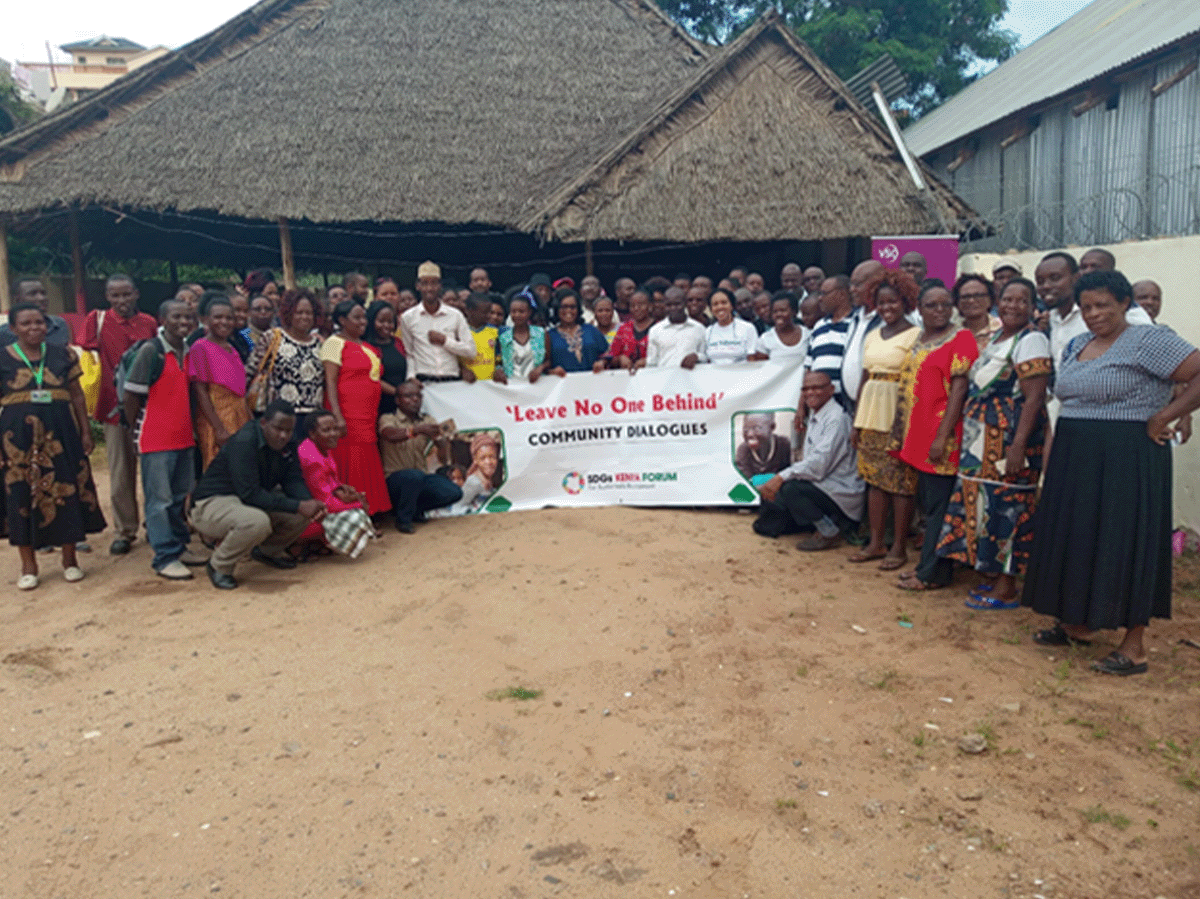


The LNOB Partnership is on a mission to make SDG implementation and public policies more inclusive and accountable towards those who are furthest behind in society – thereby making their voices heard and count!






